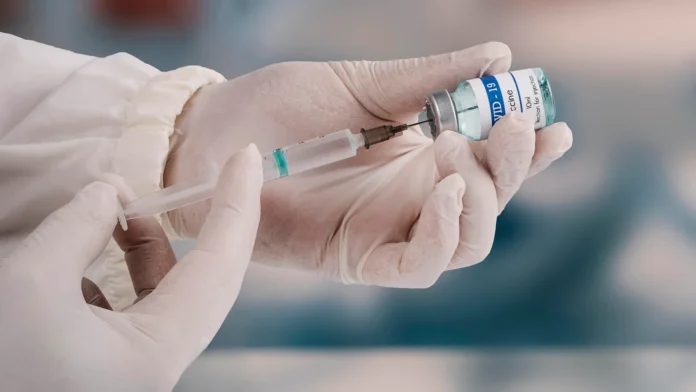New Jersey continues to take an active role in shaping public health policy and expanding access to care, with new initiatives unfolding across the state. From vaccine availability and insurance agreements to community hospital programs and groundbreaking medical research, recent developments highlight how health and wellness remain central to life in the Garden State.
The New Jersey Department of Health recently announced an executive directive ensuring the updated 2025–2026 COVID-19 vaccine will be accessible to anyone six months and older. Pharmacists are now authorized to administer the vaccine to children as young as three without a prescription, a move designed to remove barriers and expand availability statewide. Younger children will still require visits to healthcare providers, but officials emphasize that the directive helps make immunization faster and more convenient for families. Alongside this, New Jersey has joined nine other northeastern states and New York City in a new Northeast Public Health Collaborative, formalized on September 18. The coalition aims to coordinate strategies on vaccination, data sharing, and emergency preparedness, reflecting a regional approach to future public health challenges.
Public health alerts have also been issued in recent weeks. State officials confirmed new cases of measles and West Nile virus, urging residents to stay current on routine immunizations such as the measles, mumps, and rubella (MMR) vaccine and to take standard precautions to reduce mosquito exposure. The Department of Health is also proposing new regulations for embryo storage facilities, with a licensing framework designed to safeguard patients and ensure accountability in reproductive health services.
Healthcare costs remain a critical issue for residents. On September 17, state workers avoided sharp premium increases after a deal was struck to prevent a projected 17% rise in the State Health Benefits Plan. The agreement followed months of debate between policymakers and public sector unions, underscoring the financial pressures facing the healthcare system. At the same time, state legislators are advancing bills that would reform insurance practices. Pending proposals include measures to eliminate prior authorization requirements for specific diagnostic tests, guarantee coverage of diagnostic and supplemental breast exams, and streamline insurance applications for healthcare providers.
For individuals purchasing coverage through Get Covered New Jersey, however, rates are set to rise in 2026. Premiums will increase by an average of 15.9%, driven by higher medical and pharmaceutical costs, as well as the expiration of certain federal tax credits. While officials acknowledge the challenge, they stress the importance of addressing affordability while maintaining quality care. More updates on these developments can be found in Explore New Jersey’s dedicated health and wellness section.
Across the state’s hospital networks, community-centered initiatives are gaining traction. Hackensack Meridian Health has rolled out “Your Health On The Move,” a fleet of mobile health units that will bring free preventative screenings to underserved neighborhoods. The screenings will cover essentials such as blood pressure, glucose levels, and even cognitive function, helping residents access care close to home. RWJBarnabas Health has also expanded its reach, opening a new retail pharmacy and food pantry in partnership with Saint James Health in Newark. This initiative is designed to combat food insecurity while also improving access to essential medications. The system’s efforts to support physician wellness have also earned statewide recognition. Yet challenges remain: nurses at Jersey Shore University Medical Center, part of Hackensack Meridian Health, have voted to strike, citing concerns about wages and staffing levels.
New Jersey’s role in advancing medical research continues to expand. Rutgers Health, working with RWJBarnabas Health, secured a $2.8 million grant from the National Institutes of Health to develop an implantable device for epilepsy treatment, a project that could bring significant breakthroughs for patients living with the condition. In another study, Rutgers researchers are investigating the long-term neurological effects of COVID-19. Their work focuses on the genetic, clinical, and protein-level changes linked to cognitive symptoms commonly referred to as “brain fog.”
Taken together, these updates paint a picture of a state working to balance accessibility, affordability, and innovation in healthcare. From neighborhood-level outreach programs to federal research grants, New Jersey remains a leader in developing solutions that affect not only its residents but also the wider region.












